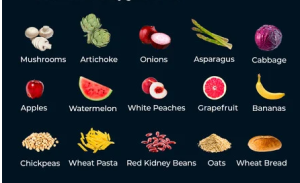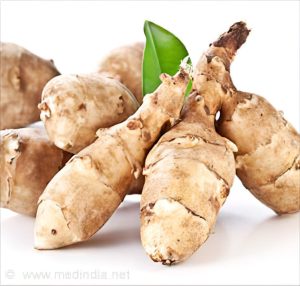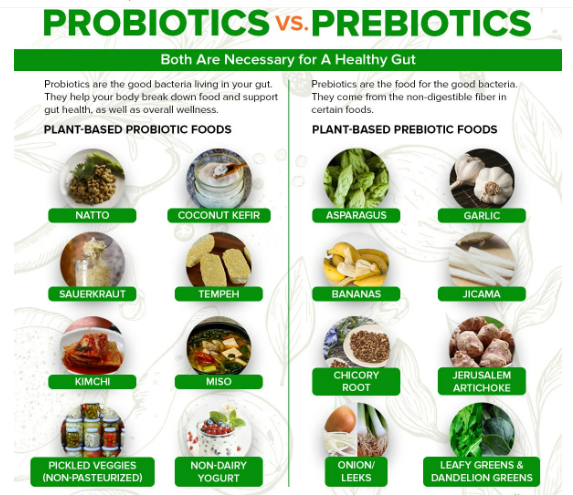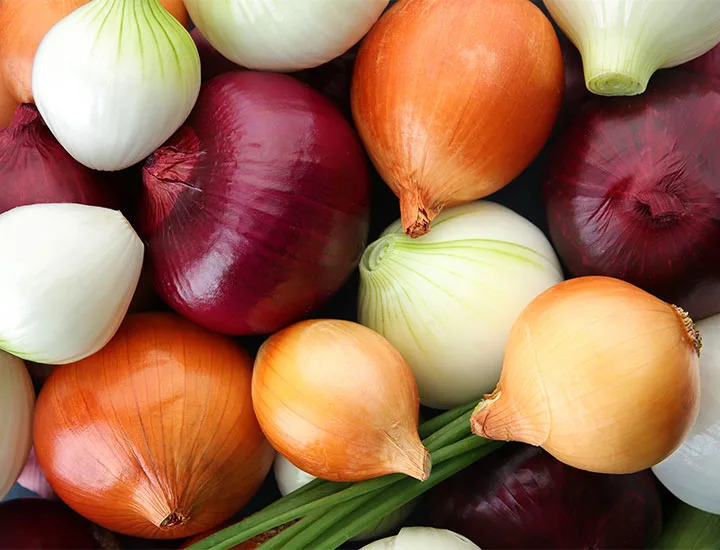If you’re trying to lose weight, you’ve probably already heard a lot about the benefits of probiotics. But what about prebiotics?
These nondigestible carbohydrates feed the good bacteria in your gut. They have been linked to improved gut health, reduced inflammation, weight loss, and more.
However, prebiotics shouldn’t be confused with probiotics. “Prebiotics are non-digestible food components that support the growth of beneficial bacteria in your gut.
Prebiotics come from food sources such as fruits, vegetables, grains, and legumes,” Mary-Ellen Sabat, a nutritionist and Ace certified trainer, says.
“The main difference between prebiotics and probiotics is that prebiotics can be found in food sources, while probiotics are live microorganisms that are usually taken in supplement form.”
So, if you eat the right foods, you can get your daily prebiotics intake and lose weight at the same time!

Specifically, Sabat explains, Jerusalem artichokes and onions are prebiotics you should be eating for a flatter stomach. This is because they are rich in fiber which naturally fill you up faster. Read on to learn more!
Jerusalem artichokes

Jerusalem artichokes, also called sunroot, sunchoke, wild sunflower, topinambur, or earth apple, belong to the sunflower family. The white flesh is nutty, sweet, and crunchy like chestnuts when raw. Despite one of its names, the Jerusalem artichoke is of no relation to artichokes (which are another high-fiber food that can help you lose weight).
Baked in their skins, they become more like potatoes. When it comes to reducing visceral fat, Sabat recommends this root vegetable.
“Jerusalem artichokes are a good prebiotic source because they are high in dietary fiber, which helps to feed the beneficial bacteria in the gut,” she explains.
They can be roasted, sautéed, or fried. You can even slice them thinly and make them into crispy chips. They make great additions to salads, soups, risottos, and chowders.
Onions
Raw and cooked onions are both great sources of prebiotics. Onions are a good prebiotic source because they contain a type of dietary fiber called fructooligosaccharides (FOS), which helps to promote the growth of beneficial bacteria in the gut.
Inulin also helps to increase satiety, which can help you feel full longer and reduce the urge to snack on unhealthy foods.” And, there are so many ways to enjoy them. You can add onions to a breakfast omelet, a vegetable broth, or even a stir-fry dinner.
So, prebiotics feed the good bacteria in your gut and increase the population of beneficial bacteria.
A diet high in prebiotics can reduce stomach inflammation, improve gut health, and possibly increase satiety after meals.
Sabat also stresses that in addition to prebiotics, it’s important to balance your diet with other healthy foods like lean proteins, fruits, vegetables, and whole grains.
Staying active is another crucial component of weight loss.



